
On the Complexities of Motherhood: A Reading List
Avni Doshi Recommends Jhumpa Lahiri, Rachel Cusk, and More
One of the first questions readers ask me about my novel, Burnt Sugar, is whether I drew from my own experience to write it. This sometimes troubles me, primarily because I find that writing by women is expected (or required) to draw from a personal story in order to possess authority.
The fact is, I became a mother after I wrote about my main character’s pregnancy and struggle with postpartum depression. Writing this novel was a journey into an imaginal space, pushing past the realm of experience to create a container for my fantasies, my nightmares, and my neuroses. It was, in a sense, going beyond what I knew. This required me to expand my capacity for empathy, to imagine my way into a body I did not yet have, a body in flux which was, at the time, fascinating and terrifying to me.
I continue to be fascinated by writing and thinking around motherhood. Here are some of my favorite books on the subject:
*
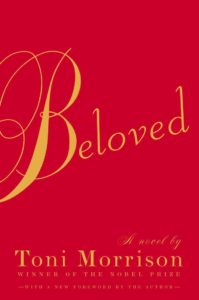
Toni Morrison, Beloved
(Vintage)
I read this novel as a student and it terrified me and broke my heart. The central question it left in my mind still haunts me: would you choose bondage or death for your child?
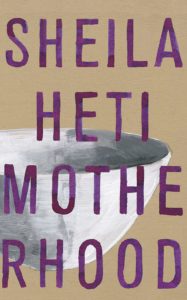
Sheila Heti, Motherhood
(Picador)
The best part of Heti’s writing is that she comes from a place of complete curiosity, where nothing is taken for granted and all assumptions are up for questioning. Using a coin toss process that she likens to the i-ching, she leaves the answers to her many existential questions about motherhood up to chance—though the experience for the reader is often mystical, revelatory, and at times very funny.
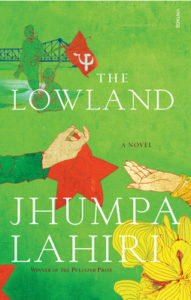
Jhumpa Lahiri, The Lowlands
(Vintage)
I read this book when I was a few drafts into the novel, and besides Lahiri’s exquisite descriptions of setting, I was struck by her depiction of motherhood—withdrawn and ambivalent. Gauri is an intellectual, an activist, but motherhood is role that she wears uneasily.
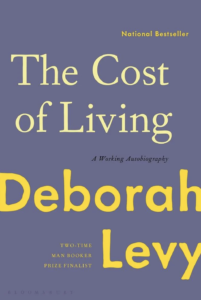
Deborah Levy, The Cost of Living
(Bloomsbury Publishing)
Most people assume that Hot Milk was influential for me when I wrote Burnt Sugar, but in fact, I have been more interested in Levy’s nonfiction. The Cost of Living is about the dissolution of Levy’s marriage, about her working life, but I also saw in it a portrait of motherhood, particularly Levy as a mother to growing daughters. She struggles with how to do everything, to fulfill her roles as writer and nurturer. She also points to the impossibility of finding balance: “If our mother does the things she needs to do in the world, we feel she has abandoned us. It is a miracle she survives our mixed messages, written in society’s most poisoned ink. It is enough to drive her mad.”
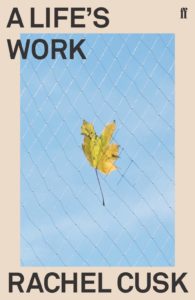
Rachel Cusk, A Life’s Work
(Picador)
Cusk’s writing is crisp and keenly intelligent. A Life’s Work goes into the depths of post-partum depression, questioning what indeed, if anything, is natural about motherhood, and there is something sublime in watching Cusk map this terror so carefully.
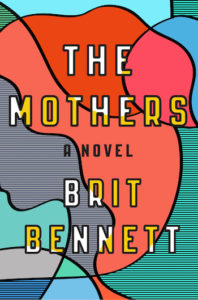
Brit Bennett, The Mothers
(Riverhead Books)
I read this one after I had finished writing, but it’s transformed the way I think about writing on motherhood. The novel considers motherhood as an absence, as grief, as an unwanted pregnancy. In Bennett’s hands, motherhood is layered and complex, embedded in questions of race and community.
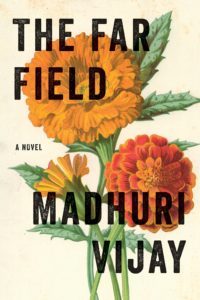
Madhuri Vijay, The Far Field
(Grove Press)
Another one I read after I finished writing. Madhuri Vijay considers how the figure of the mother can loom larger in death than in life. A beautiful, haunting book.
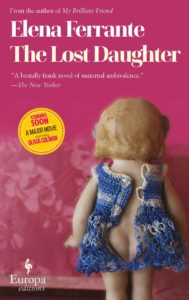
Elena Ferrante, The Lost Daughter
(Europa Editions)
In The Lost Daughter, Ferrante uncovers a kind of maternal ambivalence that makes us shudder, mostly because it is so clearly and quietly embedded in the normal, in the decidedly banal. There is no archetypal wickedness to be found in the honesty of her narrator, though she is, as she admits, “not a natural mother.”
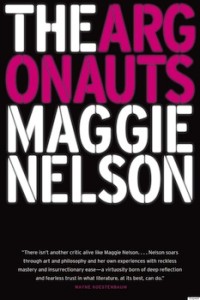
Maggie Nelson, The Argonauts
(Graywolf Press)
Nelson’s book is pitch perfect, the kind of book I would love to write one day. She brings together the intimacy of her own story with myth and theory in a way that is completely convincing and utterly compelling. If the text seems to fragment, it’s because the pregnant person also does. This book made me rethink what pregnancy is, reframing it as a queering of the body.
__________________________________
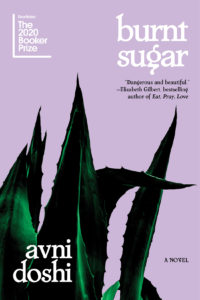
Burnt Sugar by Avni Doshi is available now via Abrams Books.
Avni Doshi
Avni Doshi was born in New Jersey. She received her BA in art history from Barnard College and her MA in history of art at University College, London. While working as an art writer and curator in India, Doshi began writing fiction. She has been awarded the Tibor Jones South Asia Prize and a Charles Pick Fellowship. Her debut novel, Burnt Sugar, was shortlisted for the prestigious TATA Literature Award upon its publication in India and has now been shortlisted for the Booker Prize. Avni Doshi currently lives in Dubai with her family.



















